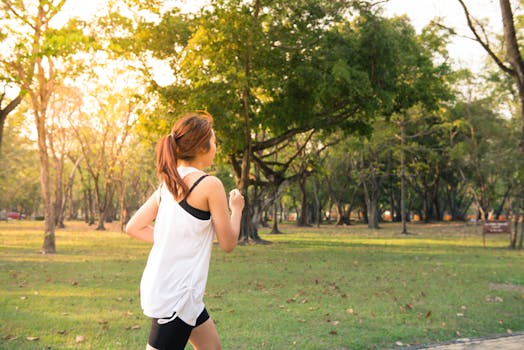
Introduction
Whether you're a beginner or an experienced runner, knowing how long to rest after a run is crucial for recovery, performance, and injury prevention. Let’s explore the factors that influence rest times and the best practices for post-run recovery.
Factors Influencing Rest Time
- Intensity and Duration: Longer or more intense runs require more recovery time.
- Experience Level: Beginners often need more rest than seasoned runners.
- Type of Training: Speed workouts, long runs, and easy runs each have different recovery needs.
Guidelines for Rest After Different Types of Runs
- Easy Runs: 24 hours is generally enough for recovery.
- Long Runs (over 90 minutes): 1-2 days of light activity or rest is recommended.
- Speed or Interval Workouts: At least 48 hours before another high-intensity session.
Listen to Your Body
Recovery isn't the same for everyone. Pay attention to soreness, fatigue, and overall mood. If you feel excessively tired, it's okay to take an extra rest day.
Tips for Faster Recovery
- Stretch after your run
- Refuel with healthy food and hydrate
- Get enough sleep
- Consider activities like walking or gentle cycling on rest days
Conclusion
Rest is an essential part of any running program. Adapt your recovery times to your body’s signals and the demands of your training plan for optimal performance and health.
Comments
Post a Comment